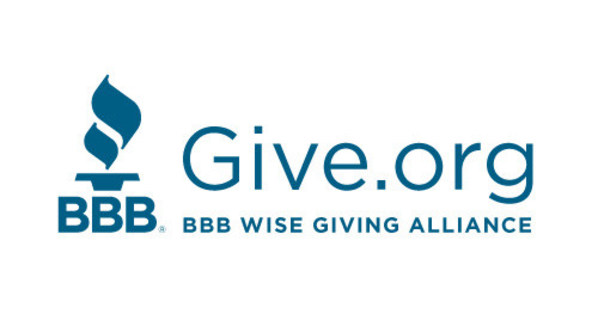What is “charity impact?” If you don’t know, you’re not alone. Almost half of American adults surveyed (47%) are unclear about what that phrase means, according to research released today by the Better Business Bureau’s Wise Giving Alliance (Give.org).
The remaining 53% of respondents who claimed they know what a charity means when talking about “impact” varied, depending on their generation. Among Gen Zers, “organizations reaching defined goals” was most popular (40%) when asked to consider possible definitions of “charity impact.” Millennials were most likely to select “how efficient the organization was in its spending” (27%) and Matures most frequently selected “the quality of programs” (26%).
The Give.org Special Report: Charity Impact provides results of a survey of more than 2,100 adults in the United States, as well as a separate survey of more than 1,000 adults in Canada, and explores how individual donors perceive charity impact.
“While it has become a common assumption that donors want to support highly impactful organizations, survey results show that the donating public does not have a clear understanding of the term,” said H. Art Taylor, president and CEO of BBB’s Give.org. “What is more, although people care about immediate results, volume of programs, and the accomplishments of their own contributions, they report attributing higher importance to long-term results, depth of programs, and the overall accomplishments and capacity of the organization,” according to Taylor.
Almost one-third of respondents (31%) rated charity impact as a very important aspect in their giving process compared to charity trust (40%) or financial ratios (28%).
Respondents are more likely to consider long-term results to be highly important (32%) than immediate results (21%); and program quality to be highly important (38%) than program volume (32%). Among donors who report contributing more than $5,000 in 2020, 44% attribute high importance to long-term results as compared to immediate results (25%).
“Bang for your buck” impact statements come across as untrustworthy to some potential donors. Almost one-quarter of Baby Boomers (22%) and 27% of Matures rated their trust for such language between 0 and 20 on a 100-point scale while 37% of participants who did not donate during 2020 also rated such statements as untrustworthy.”
When asked to reflect on how individual donors think about their own ability to make a difference, giving directly to individuals was most frequently rated as very helpful (27%), followed by charities (17%) and houses of worship (23%).
The BBB Wise Giving Alliance is a standards-based charity evaluator that seeks to verify the trustworthiness of nationally soliciting charities by completing rigorous evaluations based on 20 holistic standards that address charity governance, results reporting, finances, fundraising, appeal accuracy and other issues.
For a copy of the 39-page report, visit Give.org/DonorTrust
